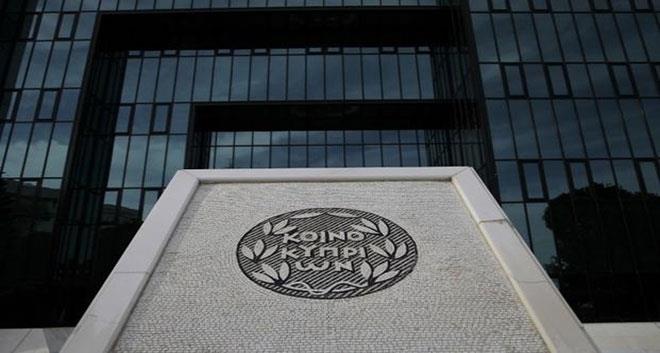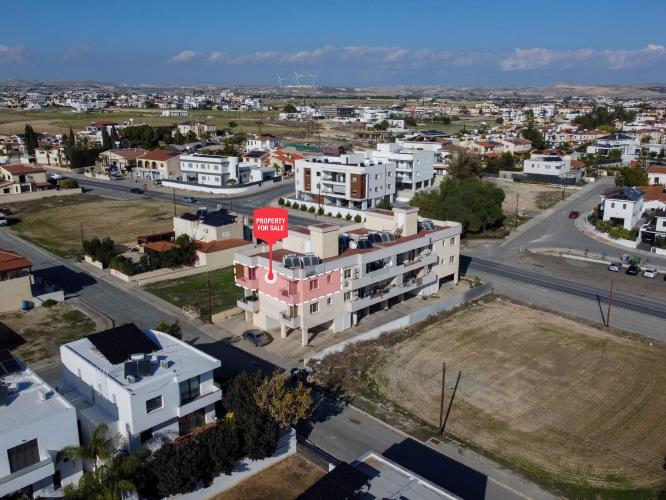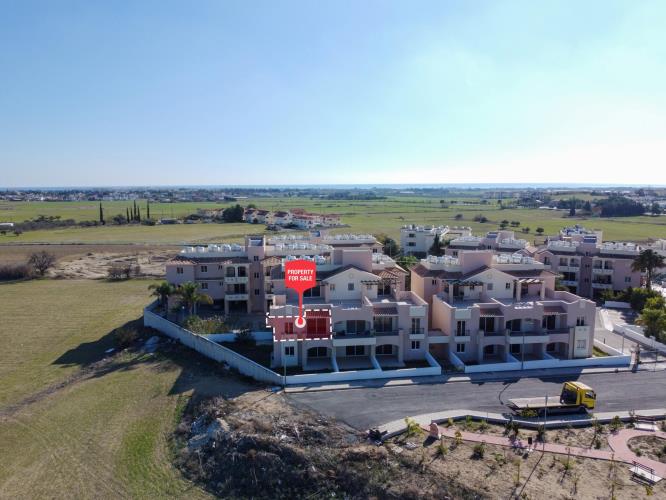Cyprus, as a small, open economy, is in need of foreign direct investment, Costas Argyrides, Director of the Wealth, Brokerage and Asset Management Division of the Bank of Cyprus told attendees at the 2nd Cyprus Fiduciary Association Forum.
“Following the challenges of the island’s bailout in 2013, we have seen an influx of such investment,” he affirmed, “mostly due to the country’s advantageous tax and residency initiative programmes. This has, undoubtedly, contributed to the economy’s growth.”
And grow it has; despite unfavourable international projections, Cyprus demonstrate great resilience following 2013 and the worst case scenarios predicted by international bodies and individuals abroad failed to materialize.
“Building on this positive momentum, we are now aiming to create a flexible economy which sits on multiple pillars, one of which is the new, budding energy and hydrocarbon sector,” the Director said.
Regarding the macropicture, despite original downward projections, according to a flash estimate published on 14 August 2015, real GDP in 2Q2015 increased by 0.9% over the corresponding quarter of 2014 on a seasonally adjusted basis. This was the second consecutive quarterly increase after fourteen quarters of continuous decline.
Meanwhile, yields of Cyprus Government bonds have been stable despite the turbulence in Greece, underlying the decoupling of Cypriot economy and banking system.
“This shows that Cyprus is demonstrating a significant comeback,” the Bank of Cyprus executive affirmed confidently.
Moreover, this recovery has been noted in other industries as well, including tourism.
“Tourist arrivals for January to July 2015 reached 1.5 million, recording an increase of 6.5% compared to a similar period the year before, due to increased arrivals from UK and other northern European countries compensating for lower arrivals from Russia,” Argyrides commented.
Tourist revenue, however, is lower than expected, as more arrivals were noted from Western Europe than Eastern. “Expenditure from Western Europe is lower than Eastern Europe,” he explained. “However by the year end we expect the change in tourist receipts to be flat, with a further increase in arrivals.”
Turning to the future of the island, Argyrides expressed that the banking sector will continue to deleverage, though this does not mean that the business sector does not have prospects. “The island has great potential to develop into a funds and financial services hub, and this is something that must be promoted abroad in a strategic, coherent way.”
“Following the challenges of the island’s bailout in 2013, we have seen an influx of such investment,” he affirmed, “mostly due to the country’s advantageous tax and residency initiative programmes. This has, undoubtedly, contributed to the economy’s growth.”
And grow it has; despite unfavourable international projections, Cyprus demonstrate great resilience following 2013 and the worst case scenarios predicted by international bodies and individuals abroad failed to materialize.
“Building on this positive momentum, we are now aiming to create a flexible economy which sits on multiple pillars, one of which is the new, budding energy and hydrocarbon sector,” the Director said.
Regarding the macropicture, despite original downward projections, according to a flash estimate published on 14 August 2015, real GDP in 2Q2015 increased by 0.9% over the corresponding quarter of 2014 on a seasonally adjusted basis. This was the second consecutive quarterly increase after fourteen quarters of continuous decline.
Meanwhile, yields of Cyprus Government bonds have been stable despite the turbulence in Greece, underlying the decoupling of Cypriot economy and banking system.
“This shows that Cyprus is demonstrating a significant comeback,” the Bank of Cyprus executive affirmed confidently.
Moreover, this recovery has been noted in other industries as well, including tourism.
“Tourist arrivals for January to July 2015 reached 1.5 million, recording an increase of 6.5% compared to a similar period the year before, due to increased arrivals from UK and other northern European countries compensating for lower arrivals from Russia,” Argyrides commented.
Tourist revenue, however, is lower than expected, as more arrivals were noted from Western Europe than Eastern. “Expenditure from Western Europe is lower than Eastern Europe,” he explained. “However by the year end we expect the change in tourist receipts to be flat, with a further increase in arrivals.”
Turning to the future of the island, Argyrides expressed that the banking sector will continue to deleverage, though this does not mean that the business sector does not have prospects. “The island has great potential to develop into a funds and financial services hub, and this is something that must be promoted abroad in a strategic, coherent way.”
















